
Blueberry Sage Stress Relief
WITH ASHWAGANDHA FOR STRESS SUPPORT*
Yogi Tea Blueberry Sage Stress Relief harnesses the power of Ashwagandha, an adaptogenic herb used to support stress response. To this blend we add fruity Blueberry, herbaceous Sage, and lightly floral Hibiscus for a delicious and soothing herbal tea. Take some time for yourself and enjoy Yogi Tea Blueberry Sage Stress Relief for a delightfully relaxing cup of tea any time of the day.*


Supplement Facts
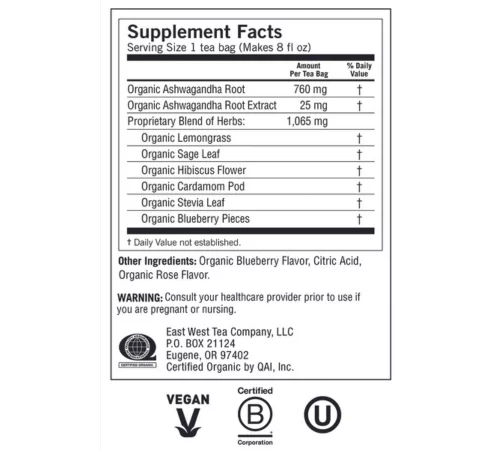
Yogi Blueberry Sage Stress Relief Tea Ingredients
With over 140 exotic spices and botanicals, our teas are blended for flavor and purpose.
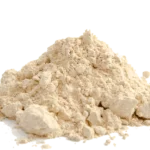
Ashwagandha
Ashwagandha root (Withania somnifera) comes from the Ashwagandha plant; a small shrub that is a relative of tomatoes and potatoes. Native to India and North Africa, Ashwagandha is traditionally used to support stress tolerance, performance and endurance.
While Ashwagandha is often called "winter cherry" and “Indian Ginseng”, this adaptogen is unrelated to the true Ginsengs, though it appears to share their many properties and actions; including its use as a stress-supporting herb.
In Ayurveda, Ashwagandha is considered a “grounding” herb, one that nourishes and regulates metabolic processes. As such, Ashwagandha is often used to support anxiety and stress relief, as well as to support positive moods. Additionally, Ashwagandha is also often used in Ayurveda as a tonic for men, as it may have positive effects on male reproductive health and is thought to mimic the effects of testosterone.
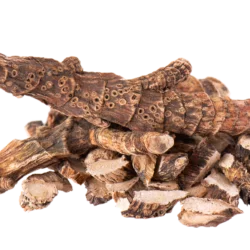
Ashwagandha Extract
Ashwagandha root (Withania somnifera) comes from the Ashwagandha plant; a small shrub that is a relative of tomatoes and potatoes. Native to India and North Africa, Ashwagandha is traditionally used to support stress tolerance, performance and endurance.
While Ashwagandha is often called "winter cherry" and “Indian Ginseng”, this adaptogen is unrelated to the true Ginsengs, though it appears to share their many properties and actions; including its use as a stress-supporting herb.
In Ayurveda, Ashwagandha is considered a “grounding” herb, one that nourishes and regulates metabolic processes. As such, Ashwagandha is often used to support anxiety and stress relief, as well as to support positive moods. Additionally, Ashwagandha is also often used in Ayurveda as a tonic for men, as it may have positive effects on male reproductive health and is thought to mimic the effects of testosterone.

Lemongrass
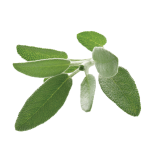
Sage
Sage leaf (Salvia officinalis) is regarded by Ayurveda as specific for calming the heart, excessive desires and passions. In addition to the herb's antioxidant and anti-inflammatory properties, centuries-old theories that sage can improve memory appear to be borne out by modern research, as participants in a recent study given sage oil tablets performed much better in a word recall test. Experts believe the active ingredient may boost levels of a chemical that helps transmit messages in the brain.
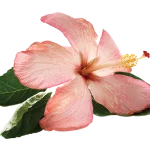
Hibiscus Flower
Hibiscus is a large genus of about 200 flowering plants native to warm, temperate, subtropical and tropical regions throughout the world. Used as a primary ingredient in many herbal beverages, hibiscus flower is also used by herbalists to support bowel function and urination. In Traditional Chinese Medicine, hibiscus is used to support skin health.
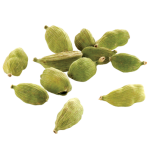
Cardamom
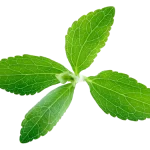
Stevia Leaf
Stevia is a genus of about 240 species of herbs and shrubs in the sunflower family native to subtropical and tropical South America and Central America. The leaf is used primarily as a sweetener in South America. Locals there use it as a substitute for sugar for those who can't use sugar. Various glycosides, including stevoside - which is about 100 to 200 times sweeter than sugar - provide the sweetness. It is widely used as a non-sugar sweetener in other areas of the world, particularly in Japan.
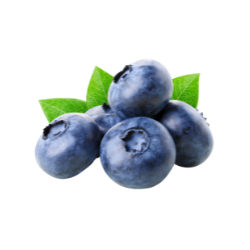
Blueberry
Blueberry is a flowering shrub that is primarily native to the Americas, Europe, and Asia. The sweet, juicy fruit of the Blueberry shrub is known to contain polyphenols and anthocyanins; antioxidant-rich compounds that are thought to have anti-inflammatory and immune-boosting properties. Given their cooling nature, blueberries are believed to help reduce Pitta.

Organic Flavors











